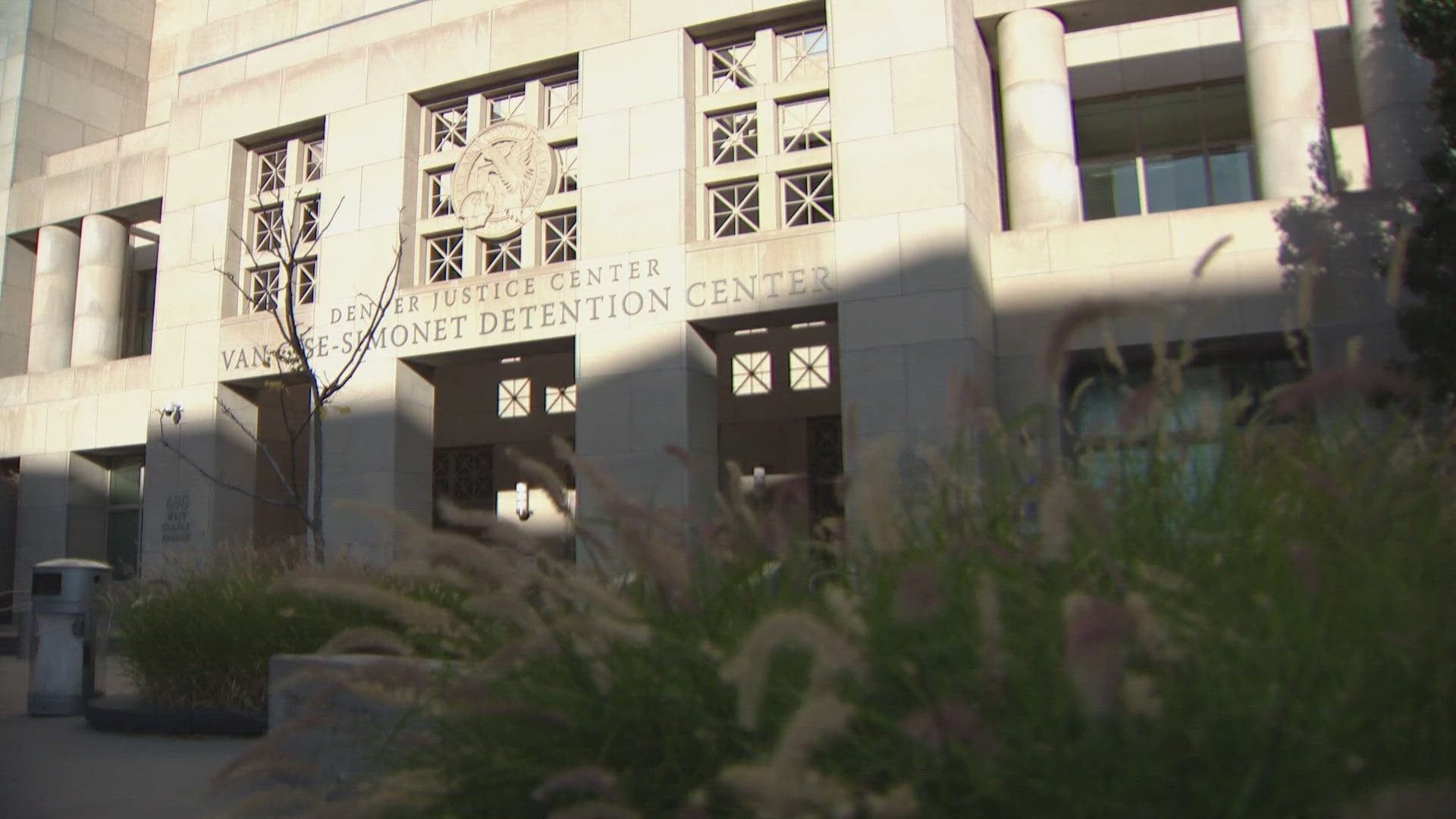DENVER — When we think of delays in trials caused by competency issues, we think of high-profile cases, like the Boulder King Soopers mass shooting – but there are some people waiting in county jail for low-level crimes like trespassing.
A program at WellPower in Denver is trying to alleviate the wait list for restoration treatment at the state mental health hospital in Pueblo. The goal is to divert people away from the criminal justice system and get them the care they need.
"Everything is halted in jail," said Conor Johnson, a program manager at WellPower.
Hundreds of people in Colorado are on the waitlist. Some are sitting in jail for months to get treatment. If a person is in Denver, they may get help faster because of programs like the one at WellPower.
Its Community Based Enhanced Restoration (CBER) program gets people out of custody on a bond, and connects them with mental health services. Those services can include support for housing, case management and access to psychiatric care. The goal of the program is to restore competency so the person can participate in their own defense without having to wait in jail for months to get that help.
A little more than a year ago, WellPower launched a different program – competency diversion. This is for people who have been found incompetent multiple times. If the person works with WellPower for about six months then their case is completely dismissed.
"The point is not to restore them to competency to then continue their case," Johnson said. "The point is to try to help in the immediate part to get their needs met and have their case dismissed and hopefully provide long-term stability so they don’t end up back in the system."
Most of the individuals Johnson works with are facing low-level charges like trespassing. WellPower works with the district attorney's office and public defender's officer to identify the best people to be accepted into the program.
Their needs can include mental health resources or even housing. Providing long-term support, Johnson said, could help prevent someone from going back to jail and waiting for treatment again.
"The system is overwhelmed right now, so we need programs like this," Johnson said.
Right now under a consent decree the state pays $12 million in fines for the long wait times for restoration treatment. Some of that money, Johnson said, funds the program at WellPower.
SUGGESTED VIDEOS: Mental Health & Wellness

